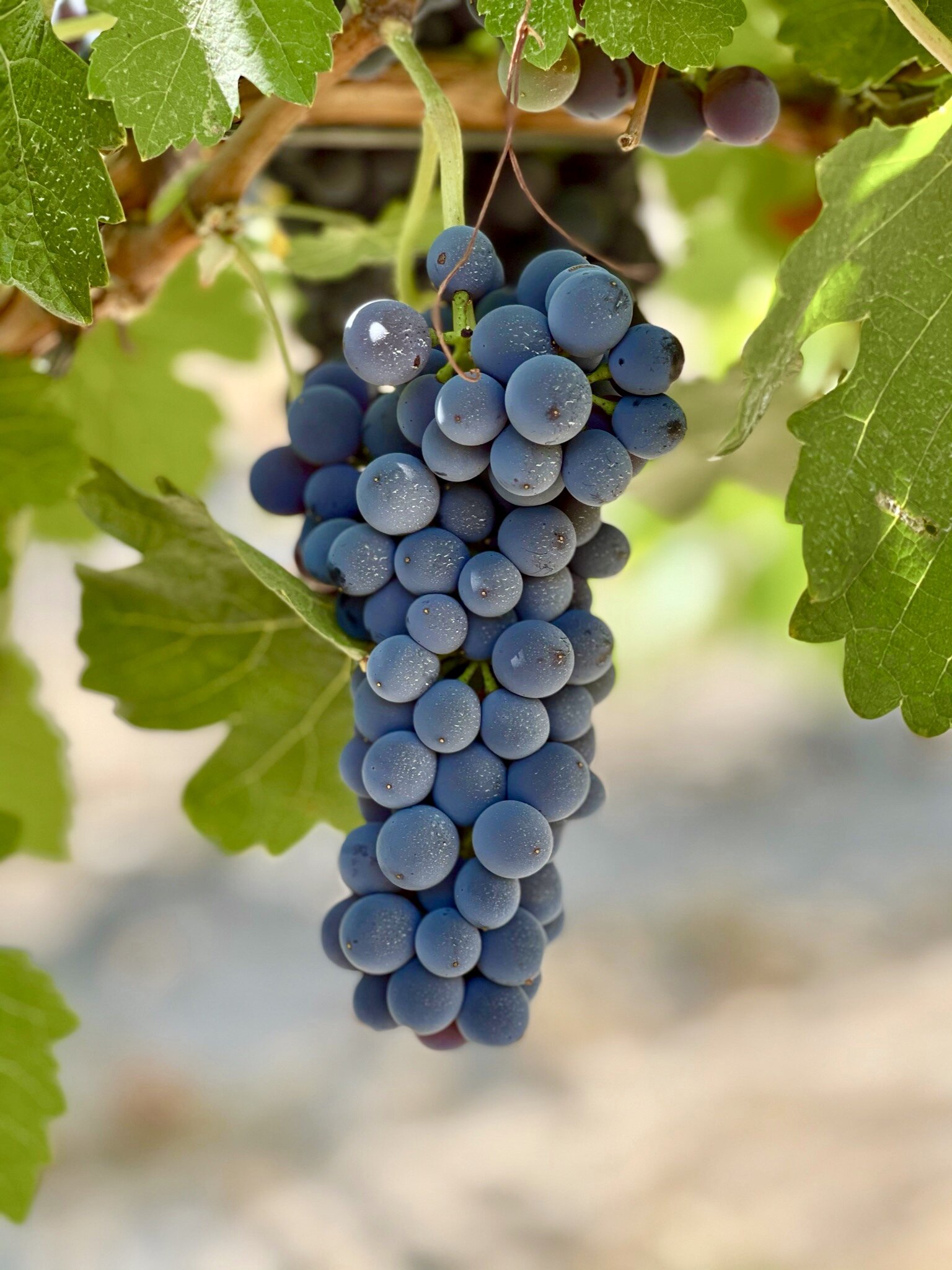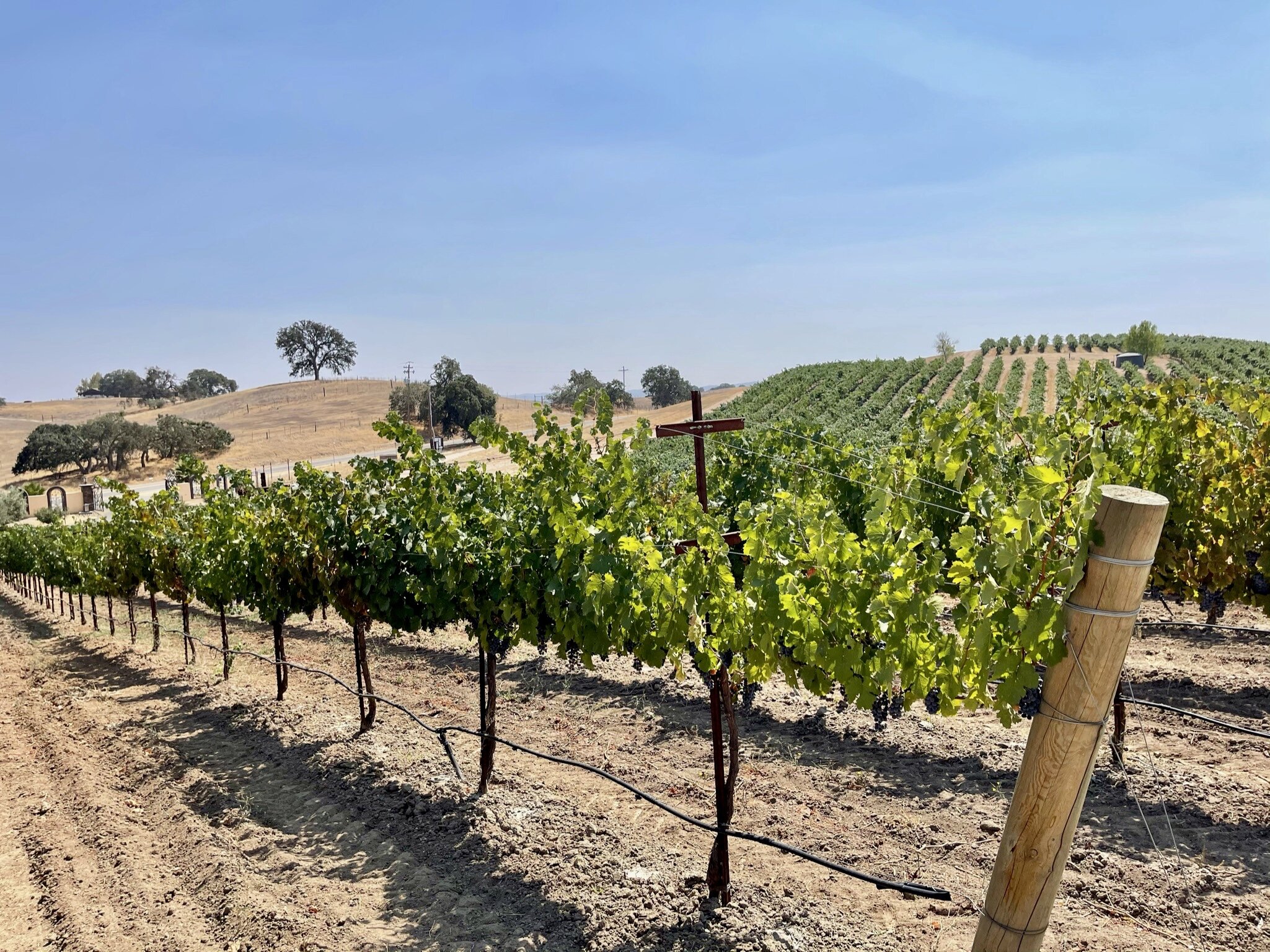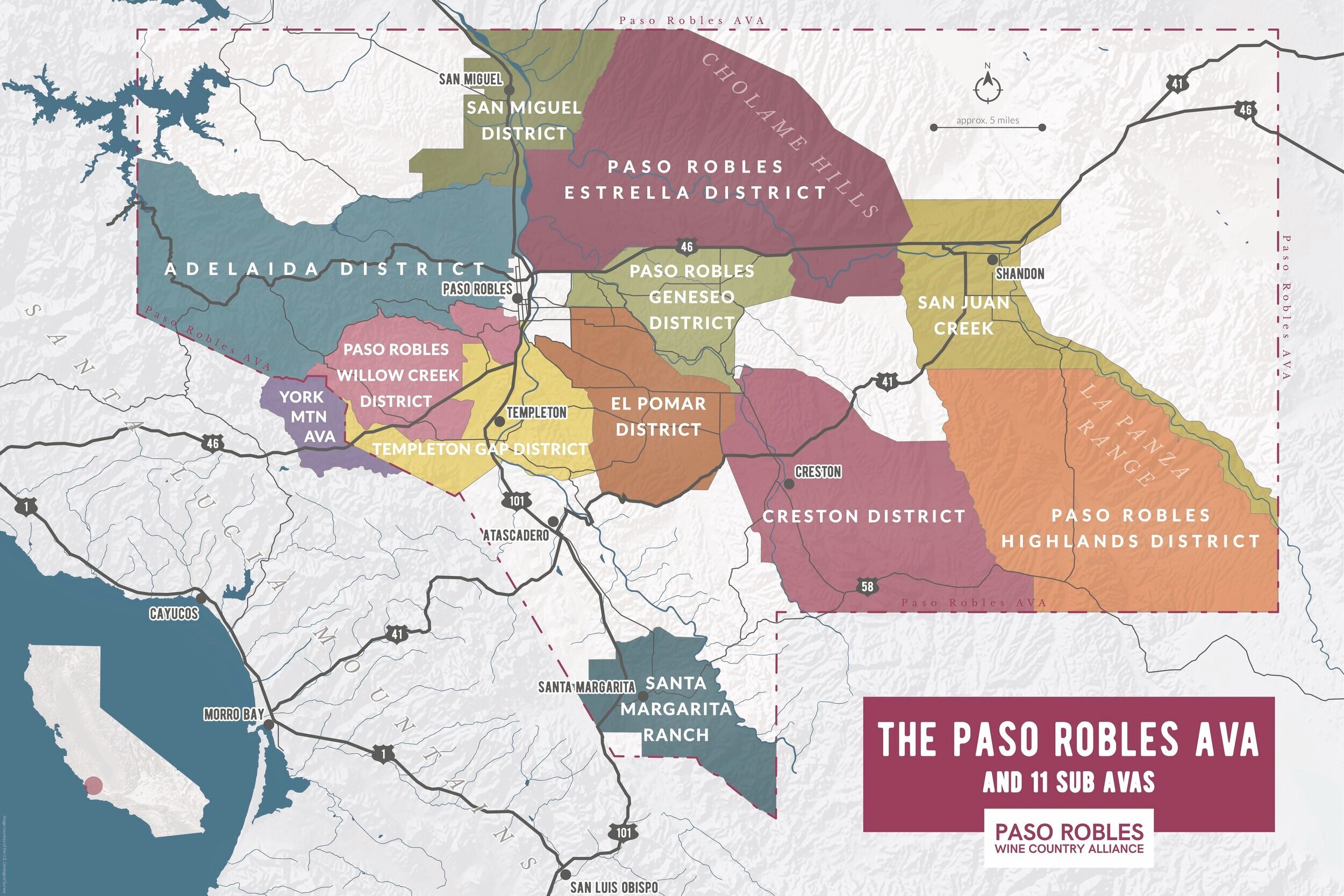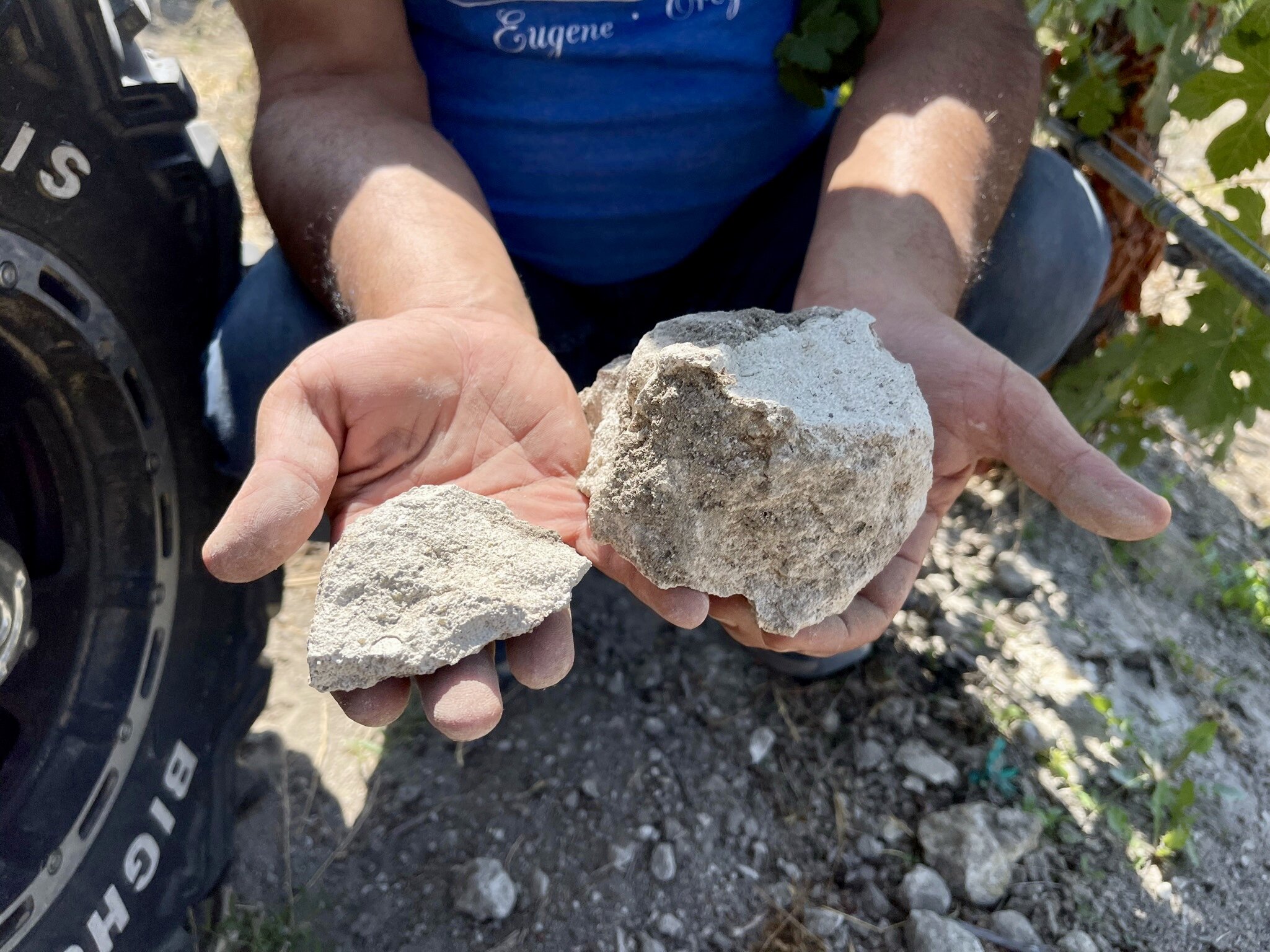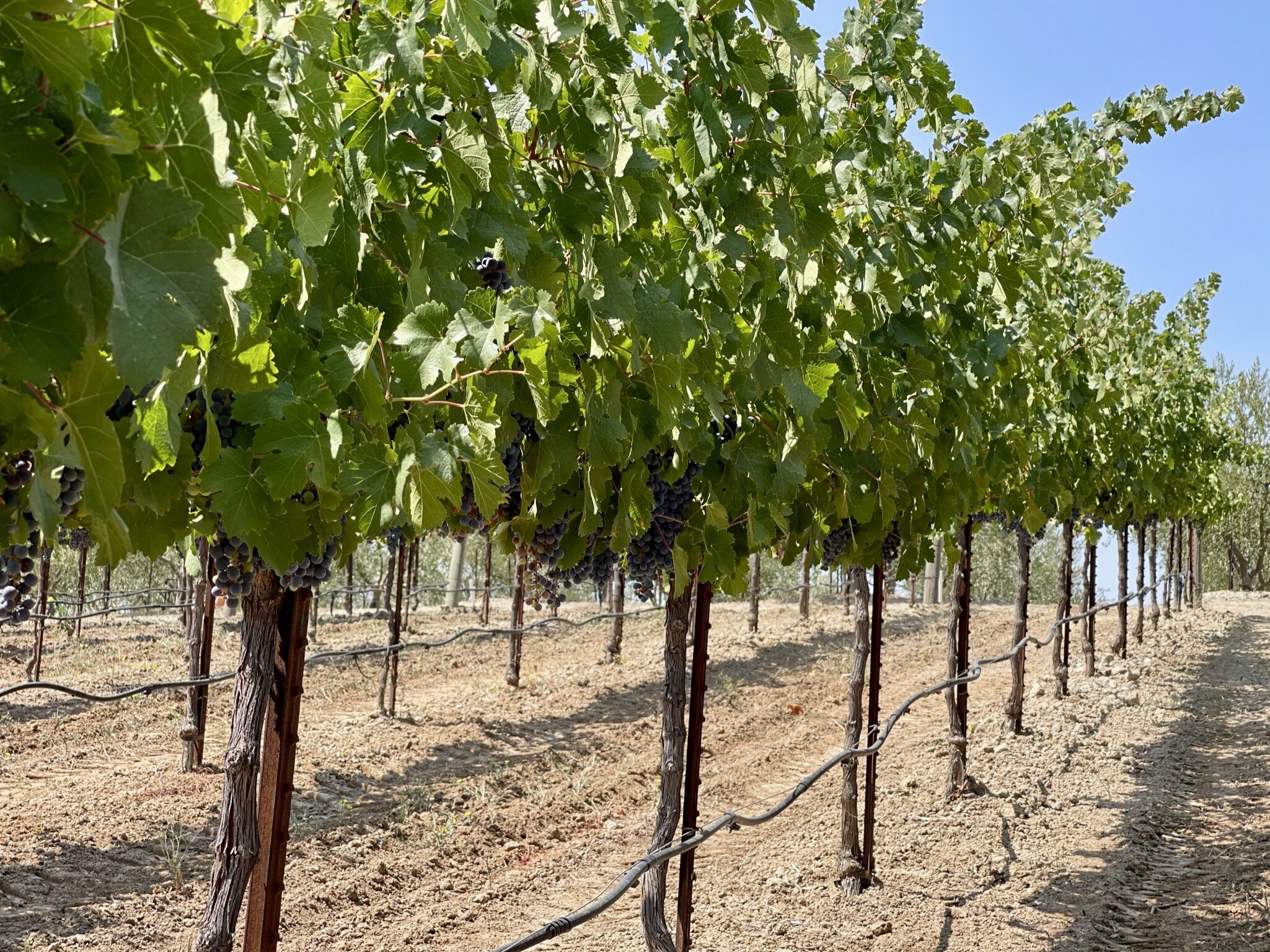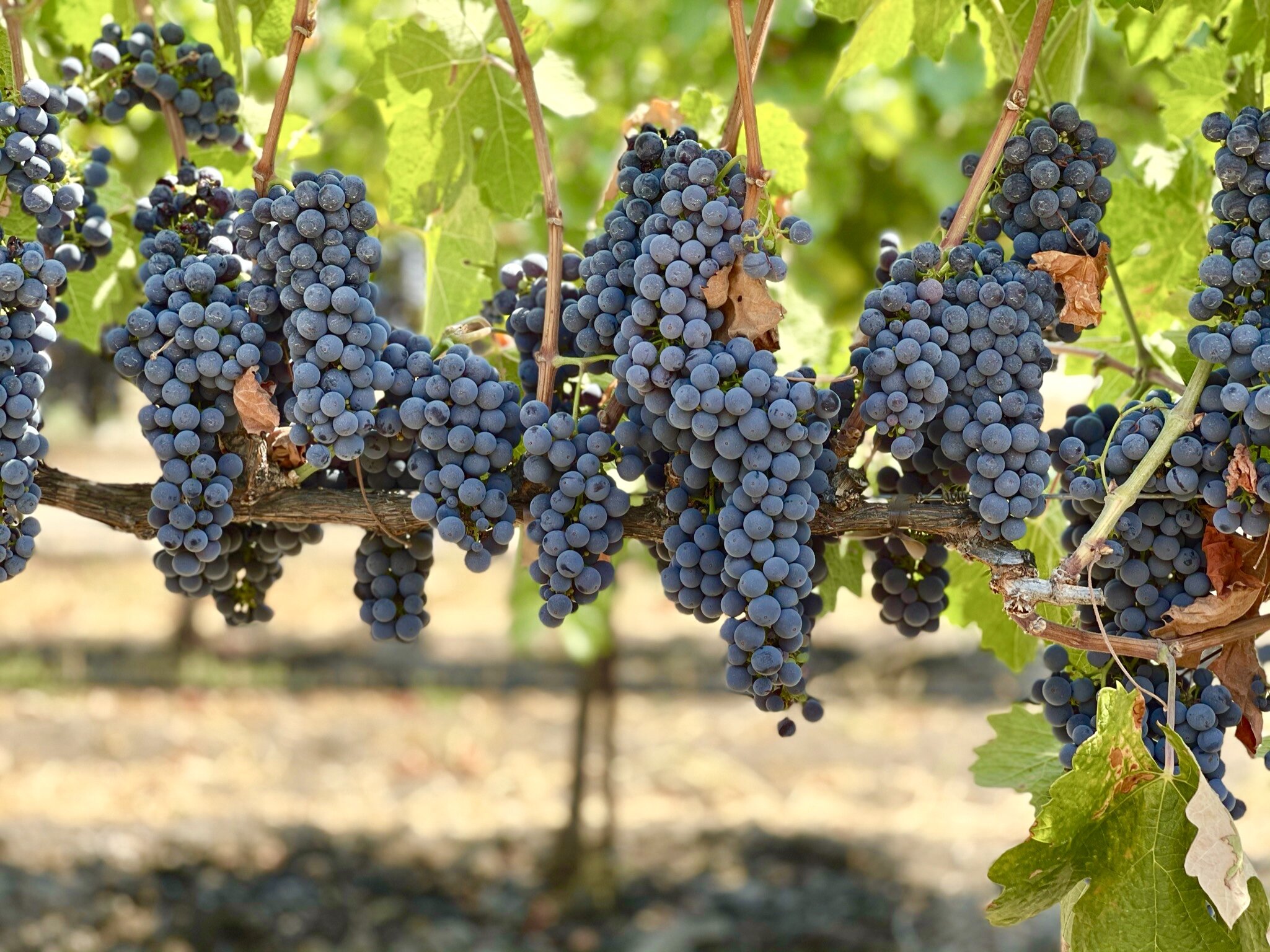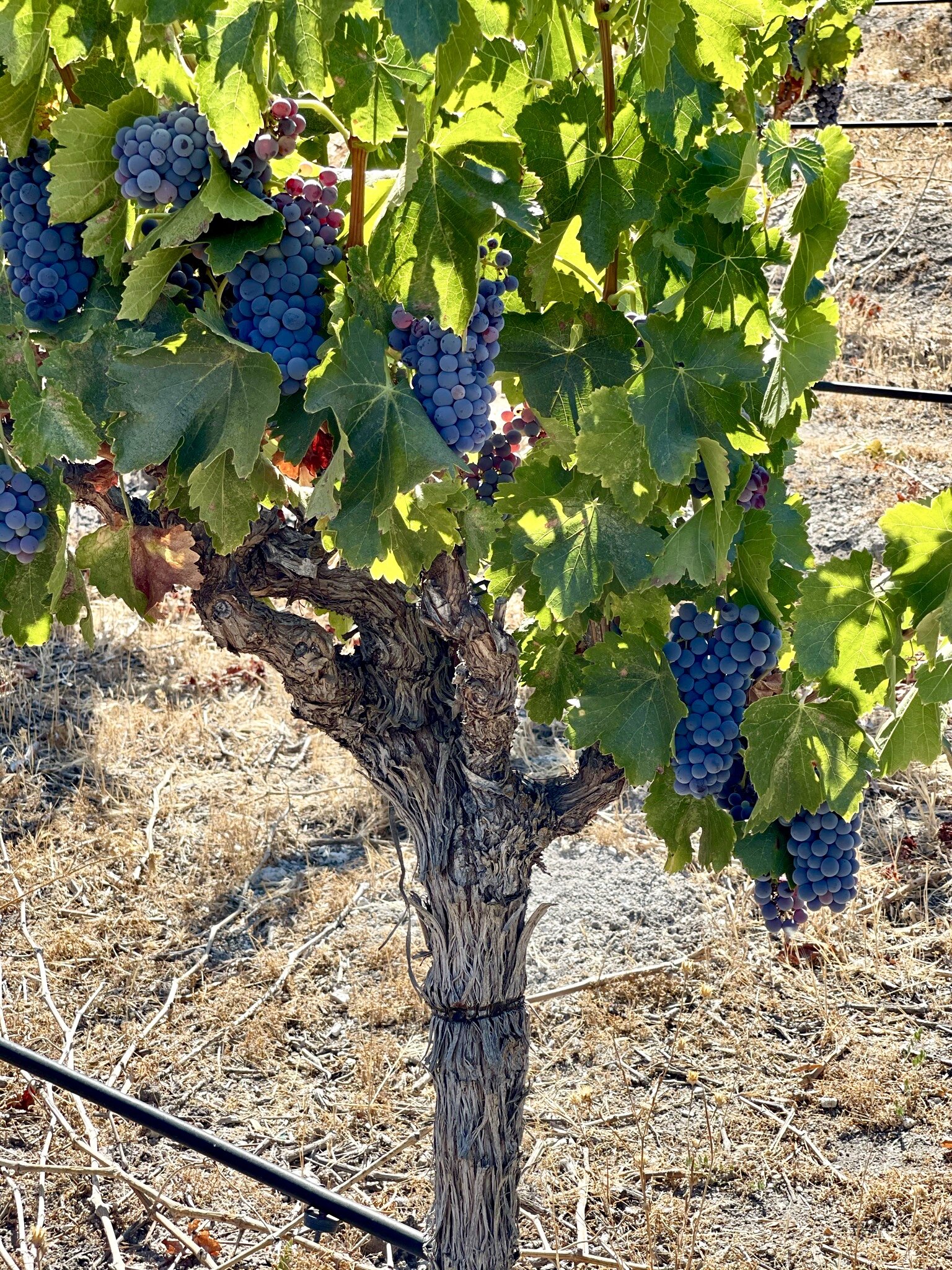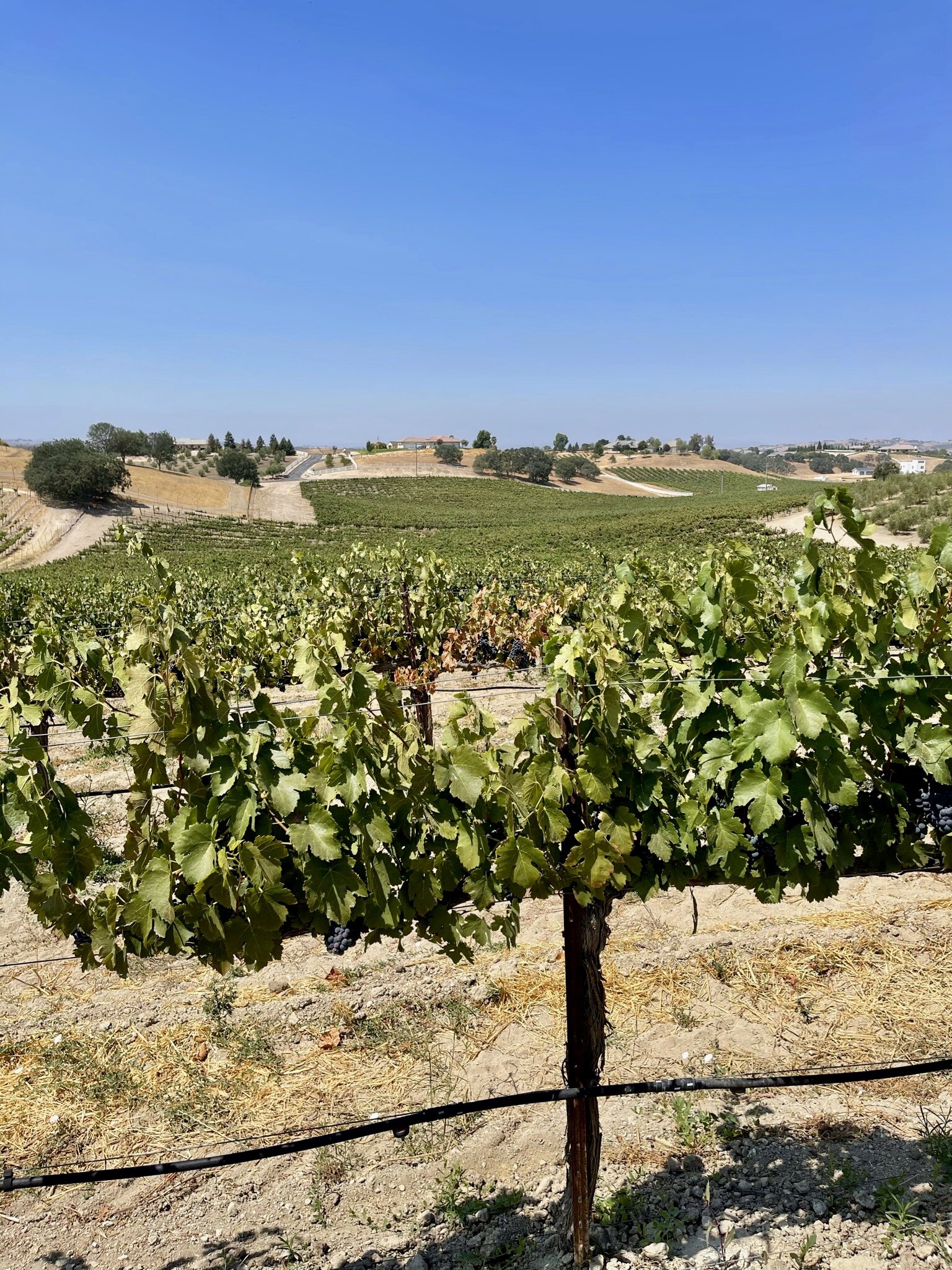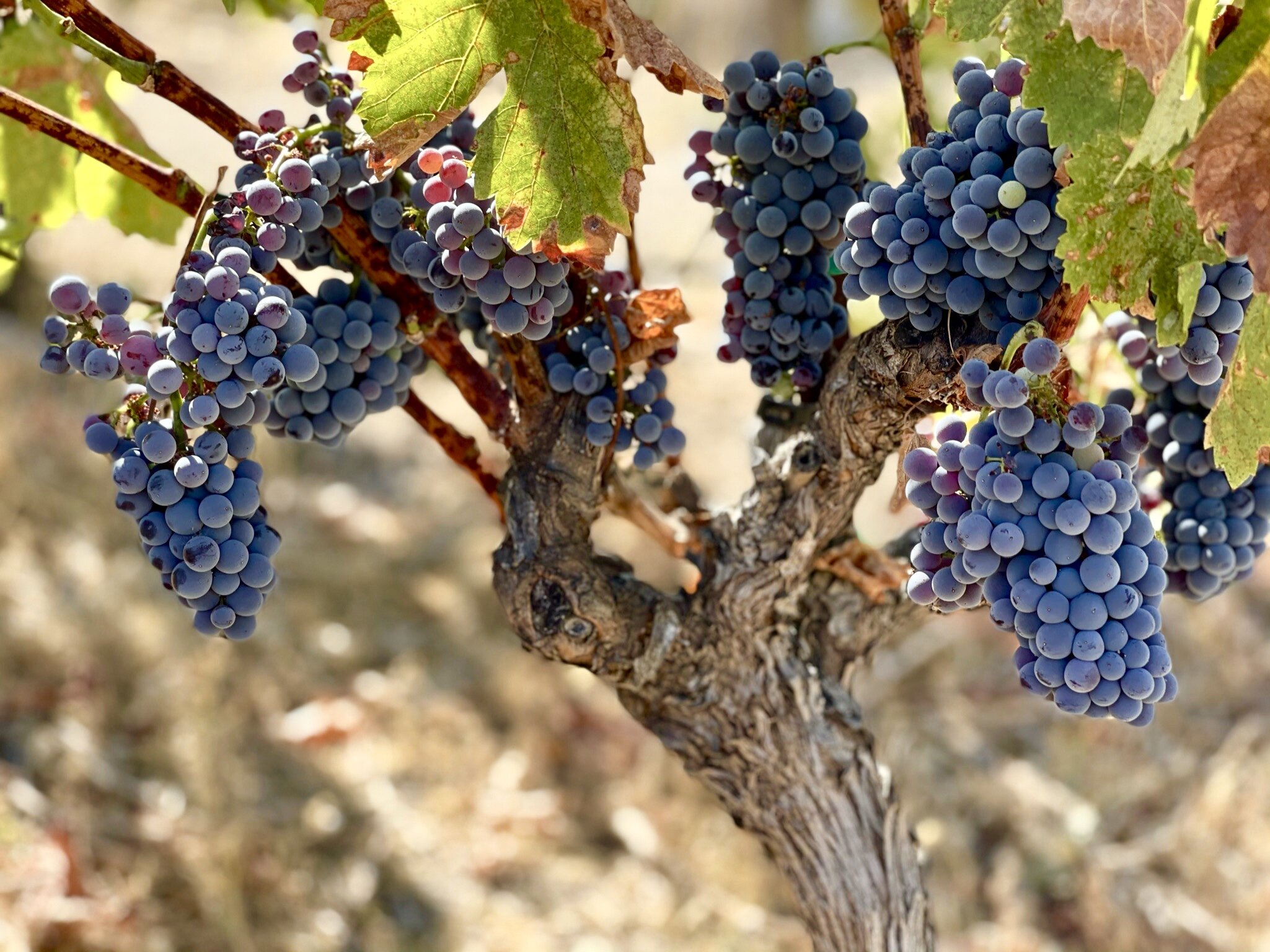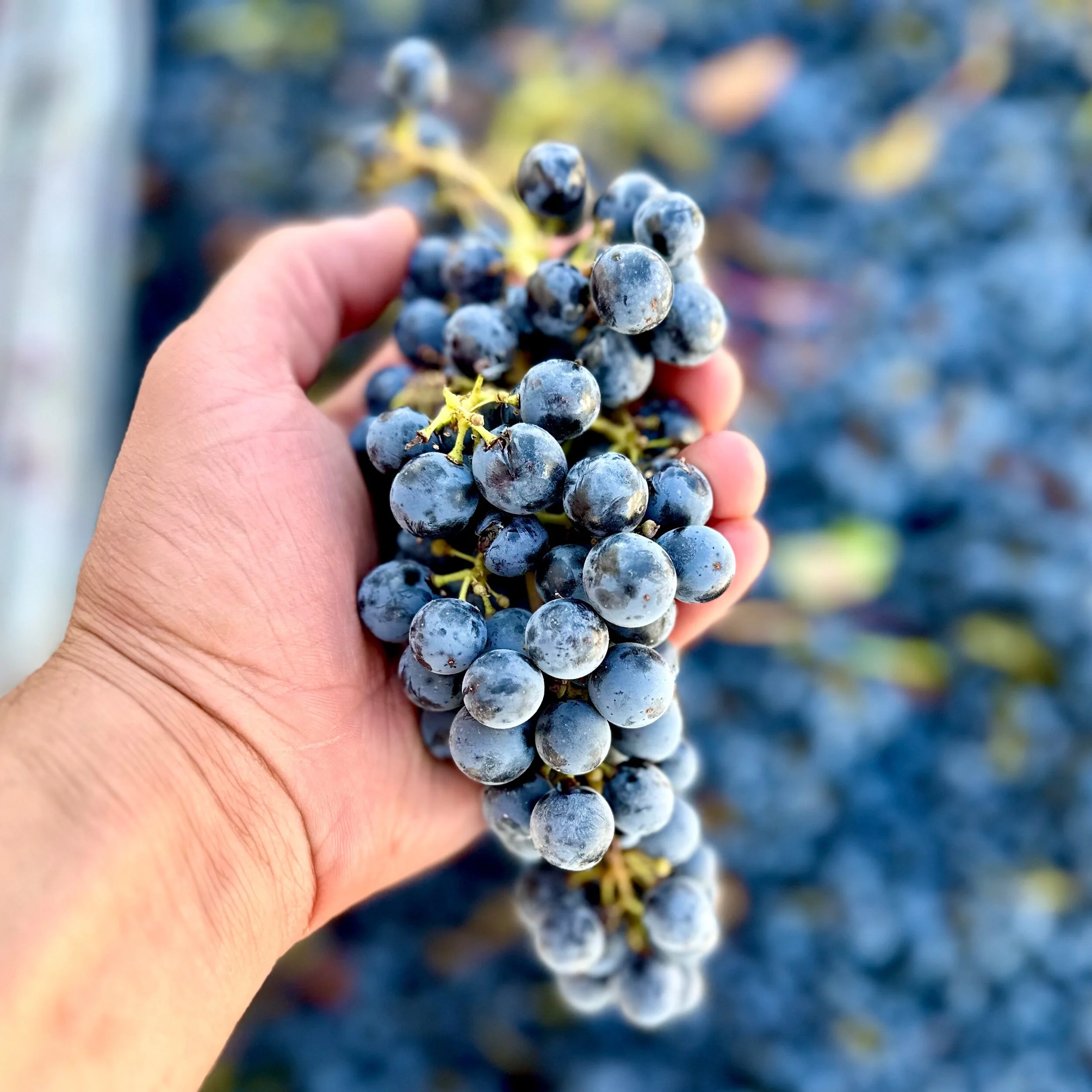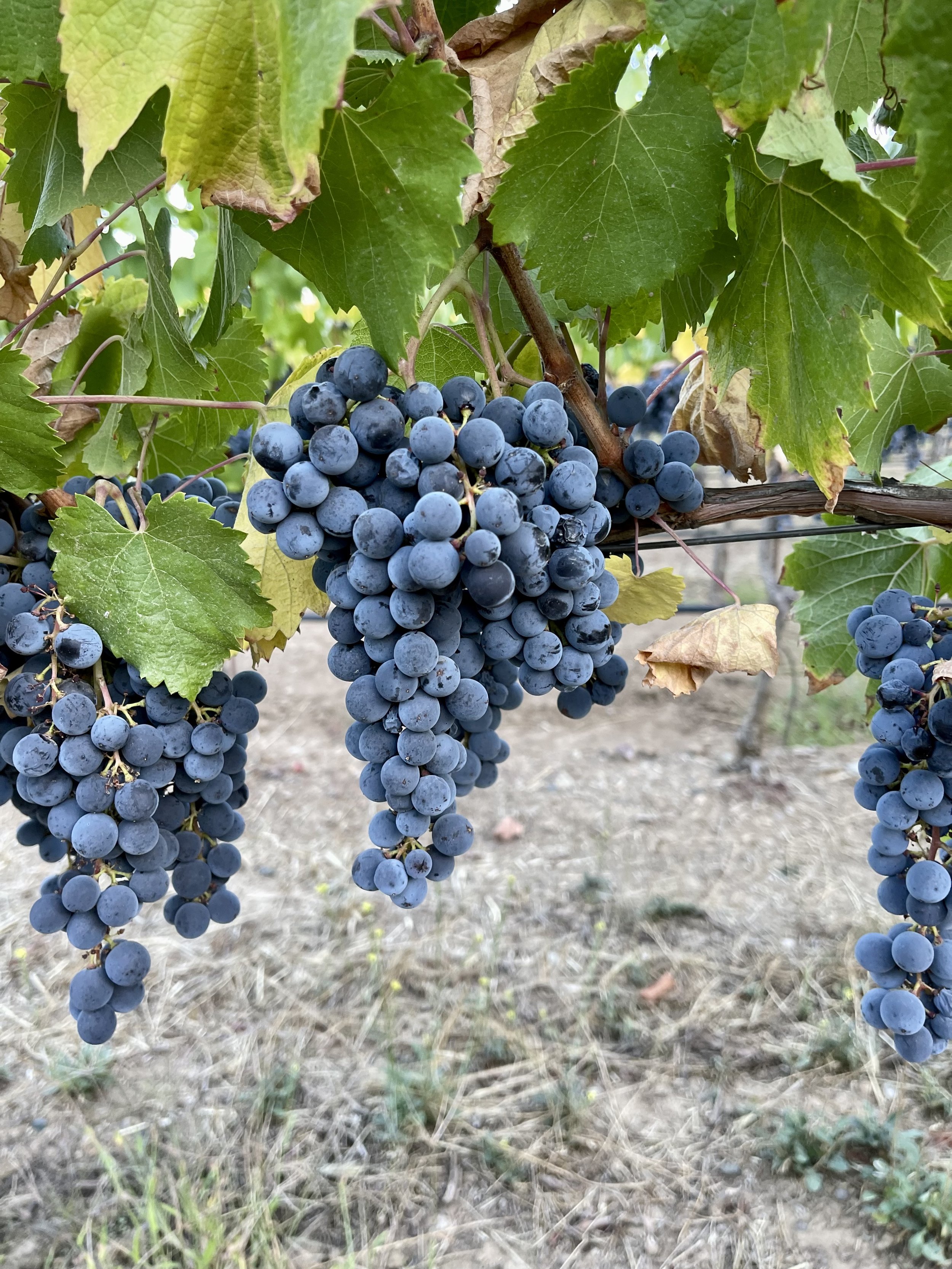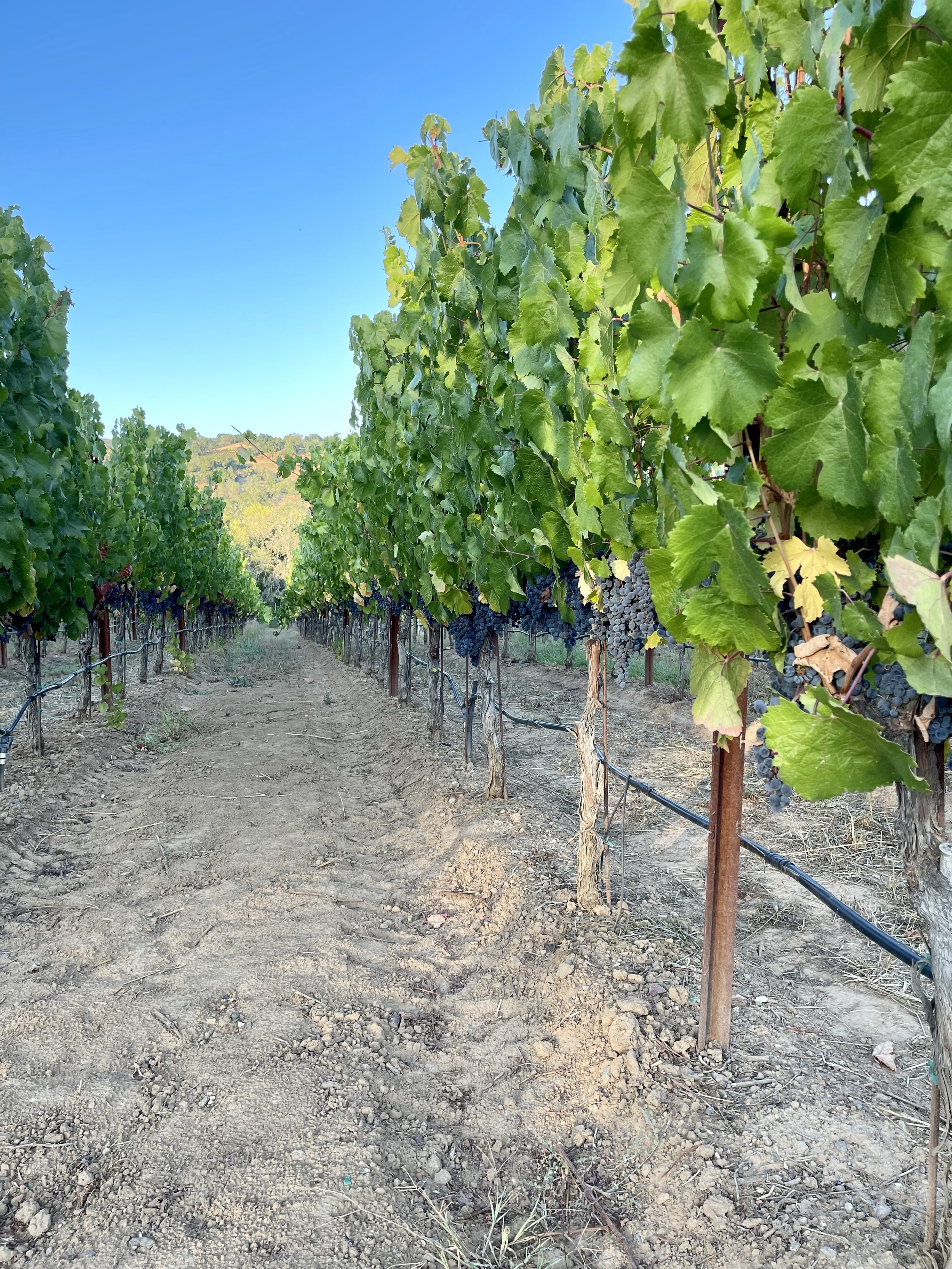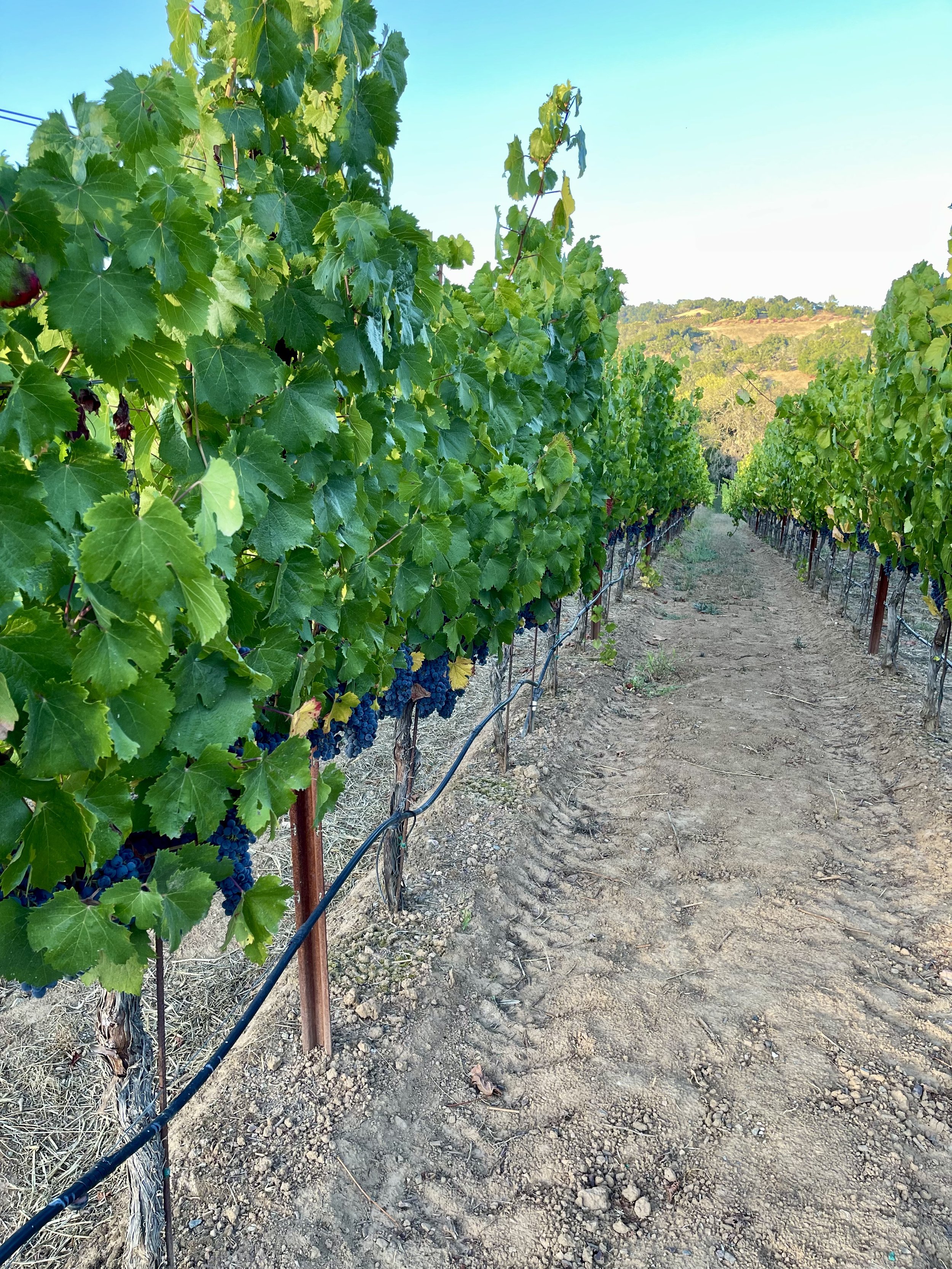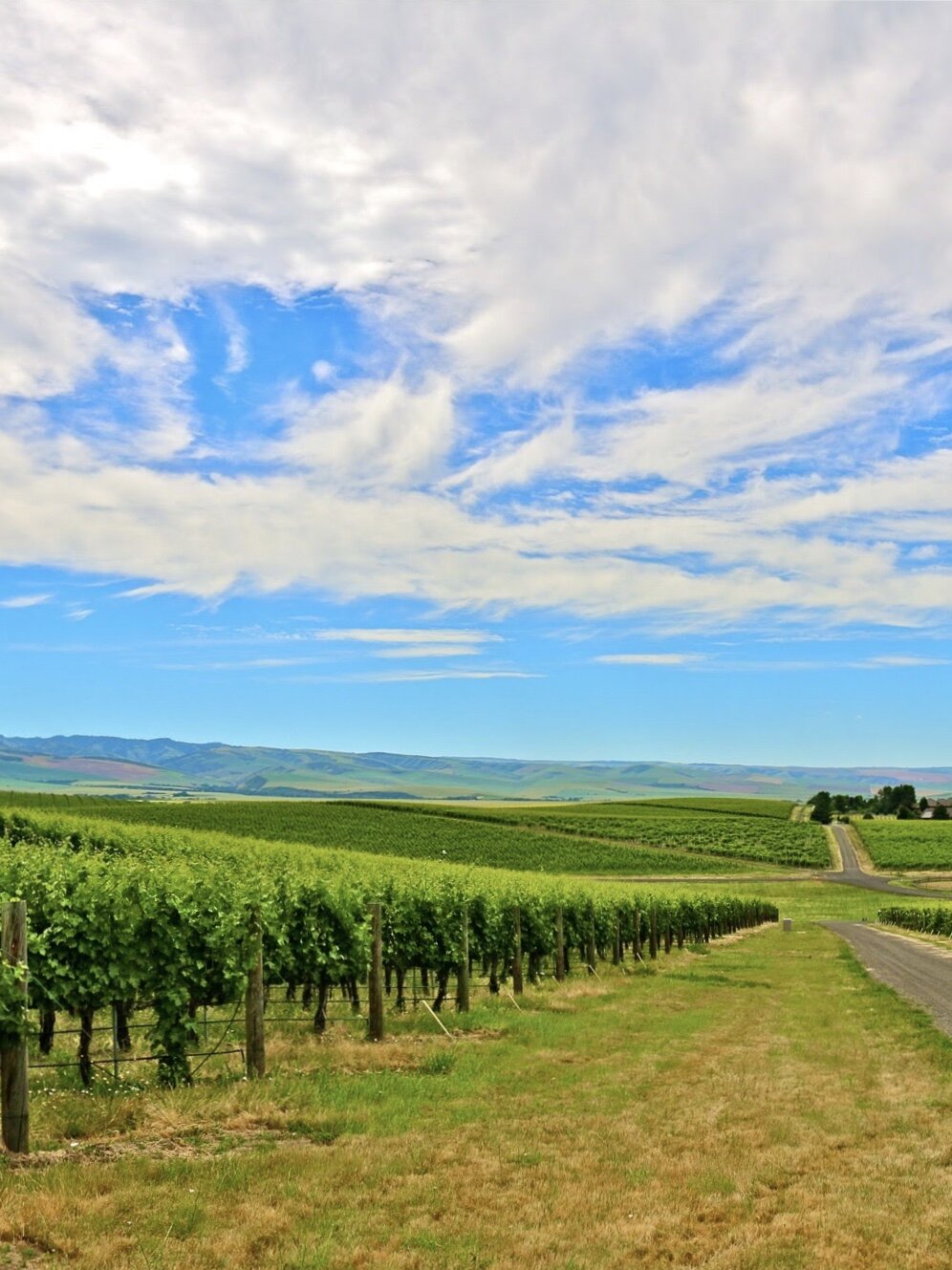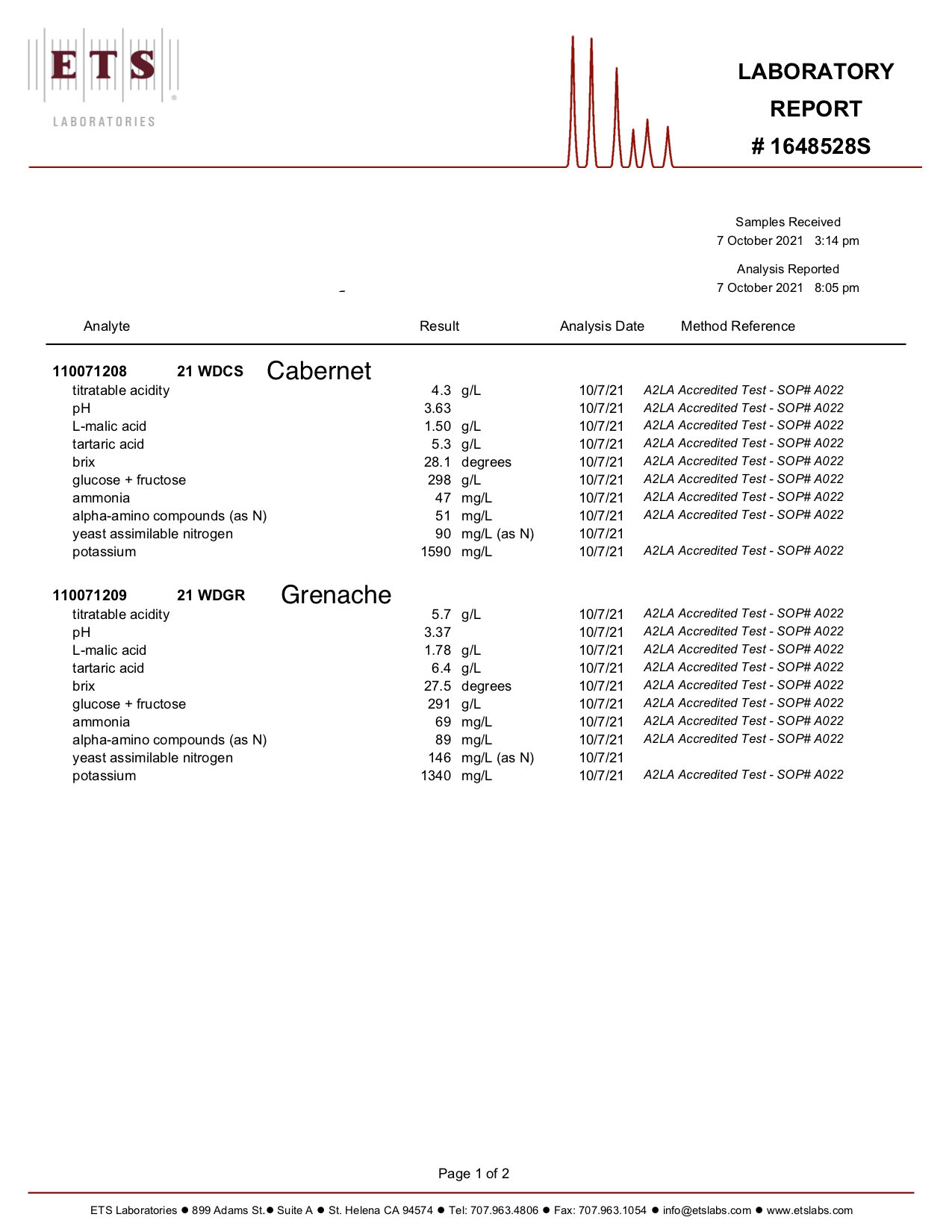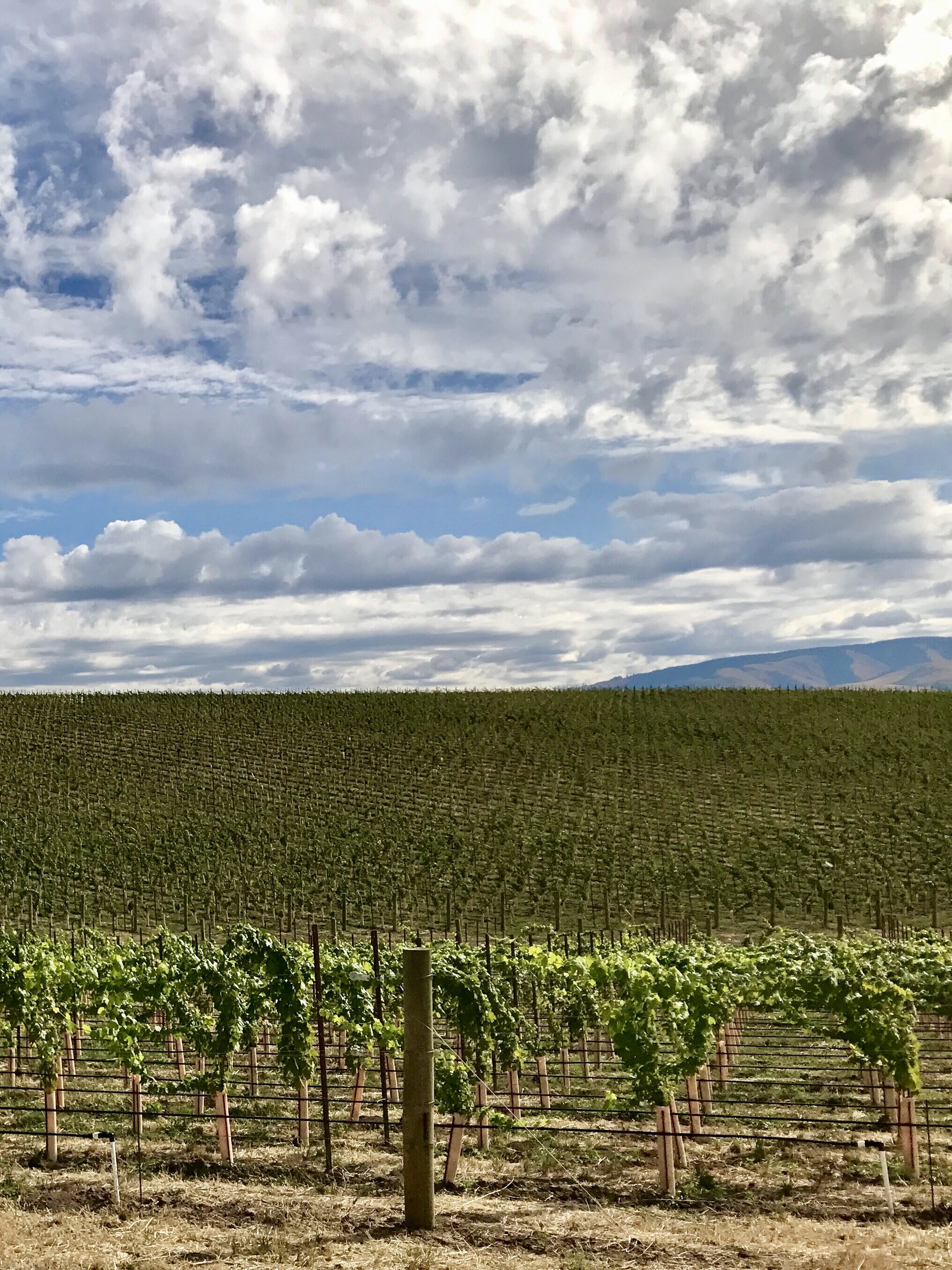 Image 1 of 8
Image 1 of 8

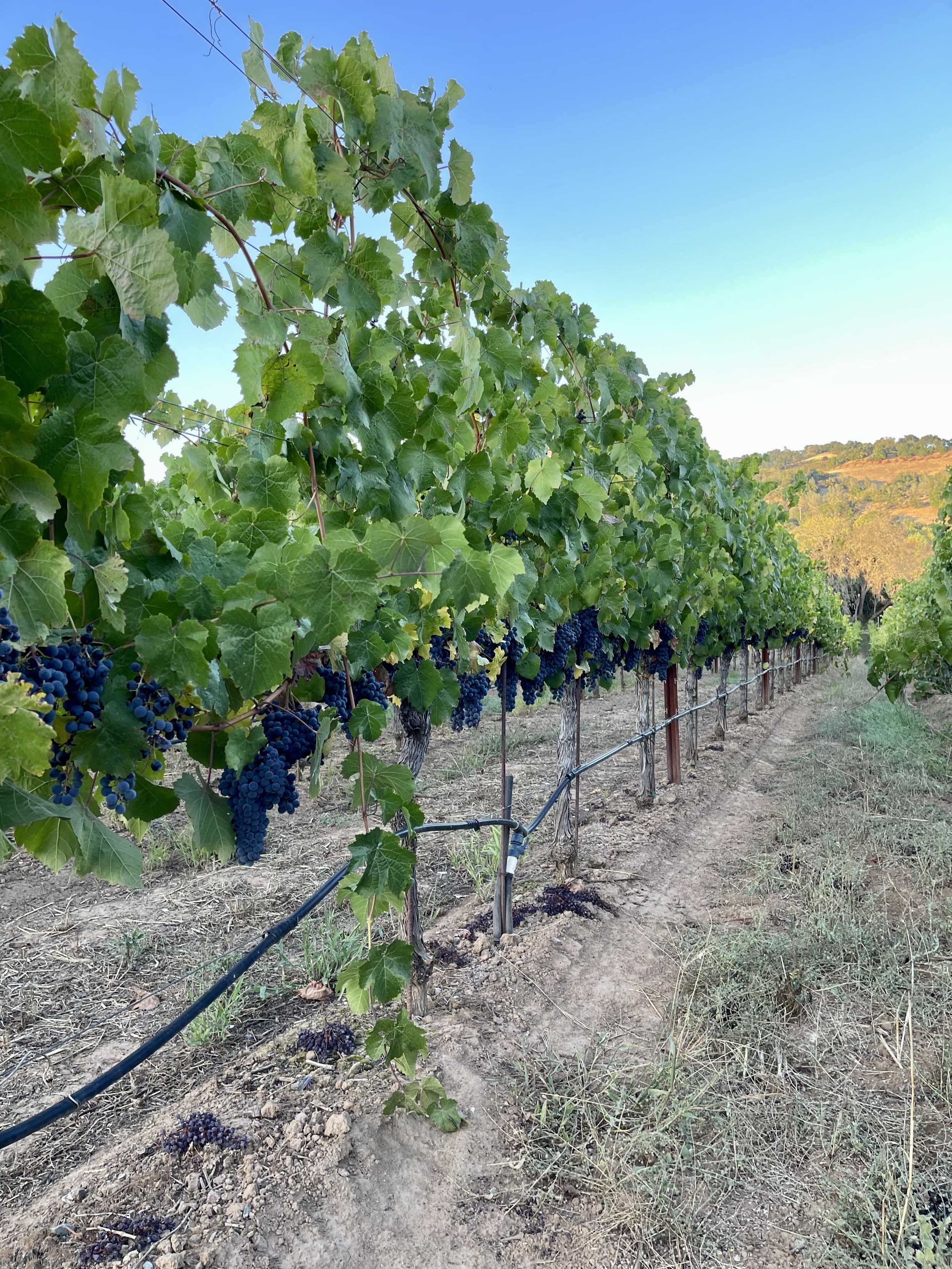 Image 2 of 8
Image 2 of 8

 Image 3 of 8
Image 3 of 8

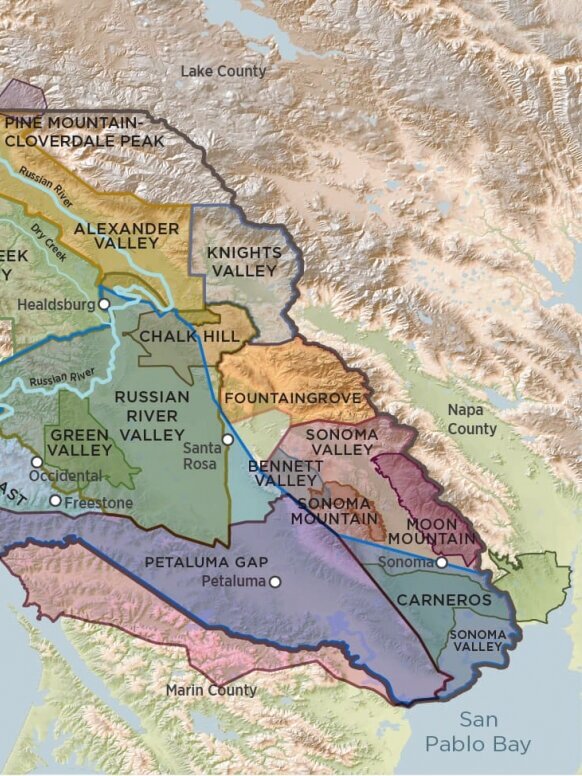 Image 4 of 8
Image 4 of 8

 Image 5 of 8
Image 5 of 8

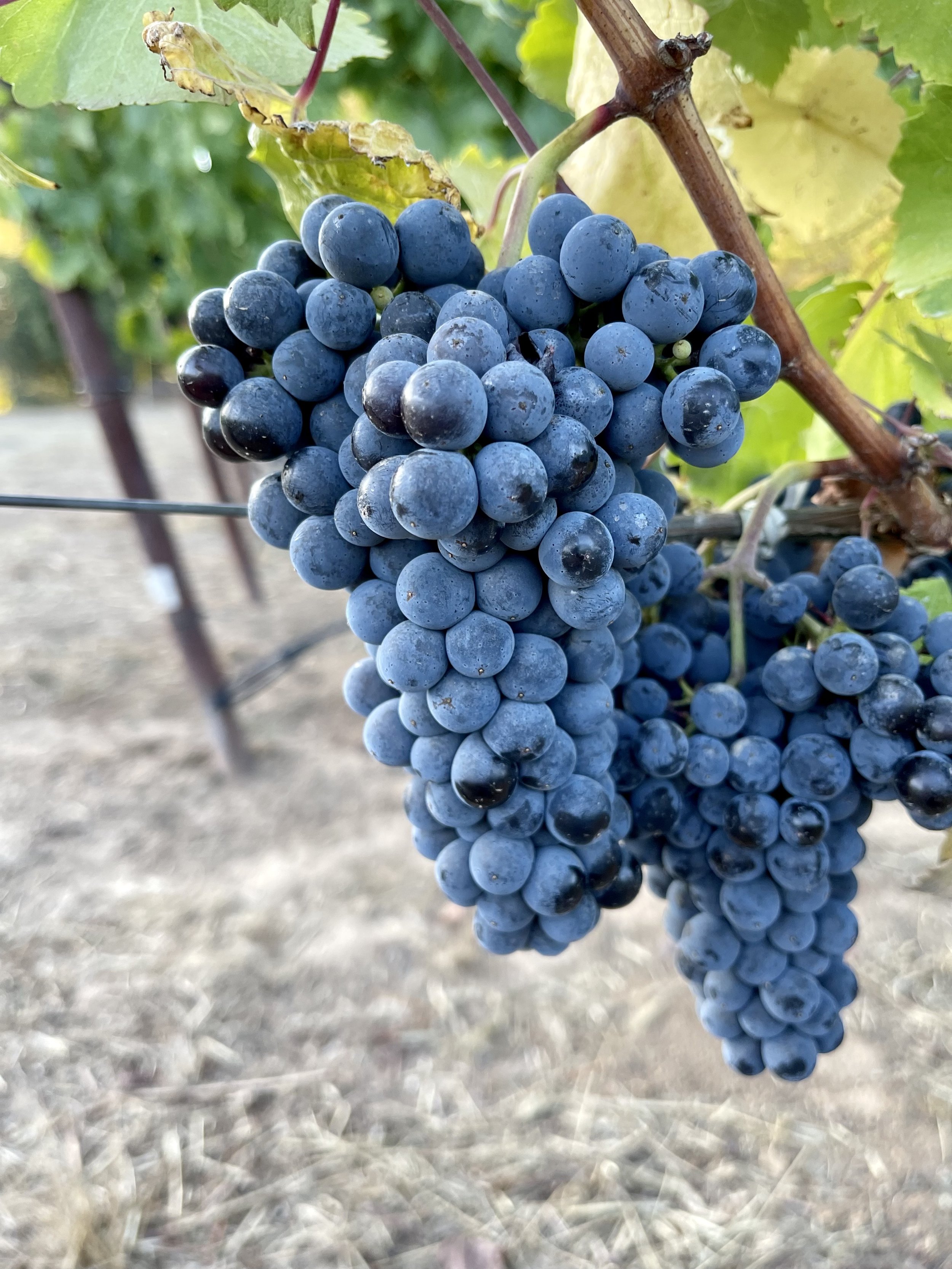 Image 6 of 8
Image 6 of 8

 Image 7 of 8
Image 7 of 8

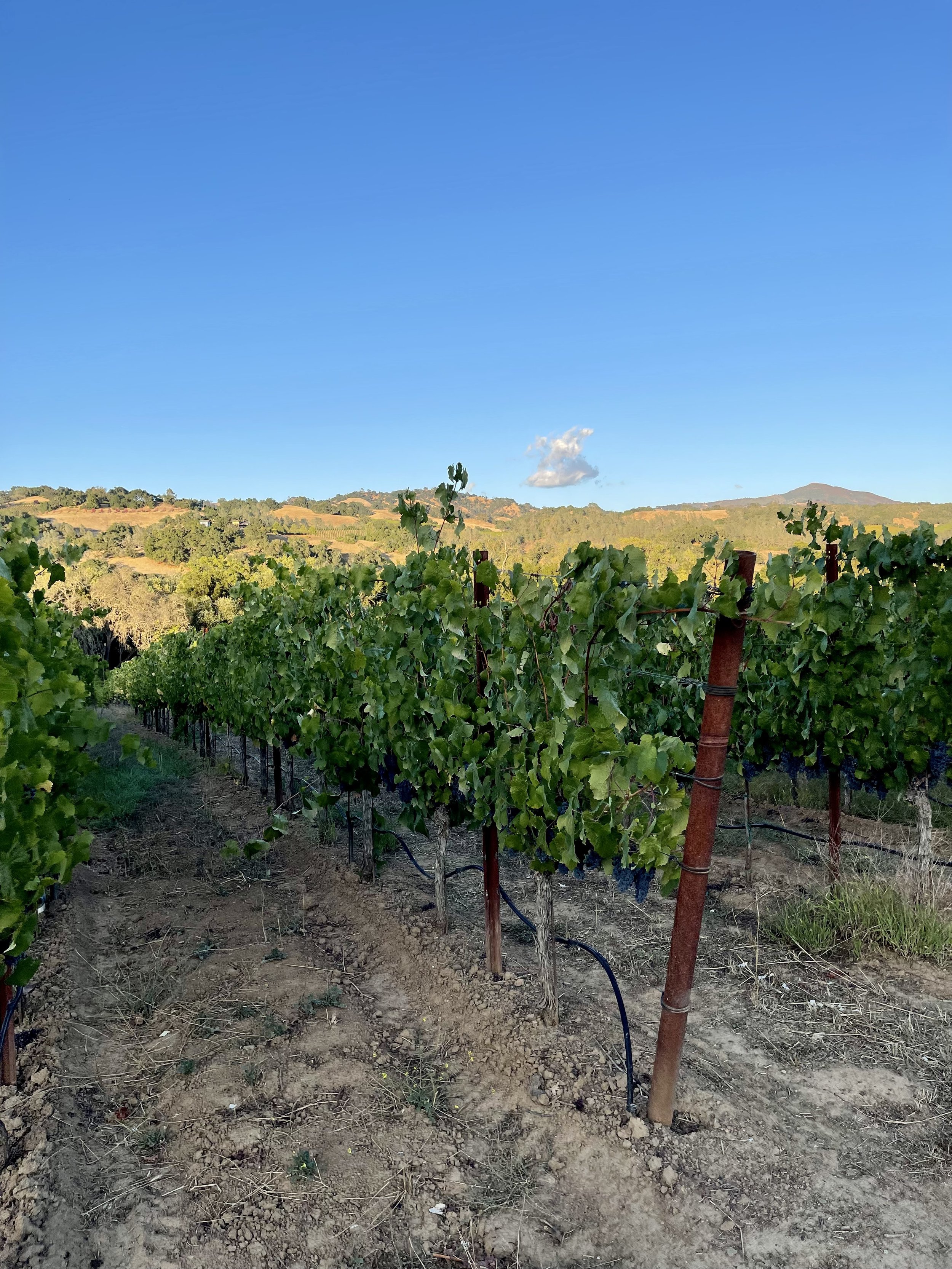 Image 8 of 8
Image 8 of 8









2023 Petite Verdot Sonoma Alexander Valley Frozen Grape Must
Each pail includes 5 gallons of grape must
Product will arrive partially frozen.
Alexander Valley AVA, Sonoma County, California
Brix: 25.2, pH: 3.55, TA: 4.4g/L, YAN: 70 mg/ L
(Full Lab Report in photos)
Clone 400, 1616
Harvested October 3rd, 2023
Sustainably farmed
“Alexander Valley’s landscape gradually rises on the east into gradual benchland slopes, where soils change to gravelly, sandy loam, balanced in nutrients and organic matter—the result of mountain soils gradually eroding downhill over millennia to deposit layers of rich soils in the benchlands. Primarily Yolo and Cortina, are well-drained due to their sloping elevation and minimal amount of clay; they also possess the ideal calcium magnesium ratio required for high-quality Cabernet Sauvignon. Cortina’s added gravel texture helps create wines with rich tannins and purity of varietal character. The valley’s first bench snakes along the west side of Highway 128 with its gentle slopes barely noticeable as it rolls into the second bench. These two benchlands create long, lingering swaths of vineyard slopes with soils that elicit soft tannins and intense aroma in Cabernet Sauvignon and other Bordeaux varietals.
80% of the Alexander Valley vineyard parcels are grown in the valley’s benchlands and the majority of which are clustered in the middle of the valley at the base of the Mayacama Mountains planted to Cabernet Sauvignon. The quality comes not from the slope of the vineyard, but directly from the soil’s depth and composition.
Weathering, erosion, gravity, and water movement have further moved and settled things into a hodgepodge of soils that require testing and experience to match the right variety, rootstock, amendments and irrigation schemes to each site.”
Each pail includes 5 gallons of grape must
Product will arrive partially frozen.
Alexander Valley AVA, Sonoma County, California
Brix: 25.2, pH: 3.55, TA: 4.4g/L, YAN: 70 mg/ L
(Full Lab Report in photos)
Clone 400, 1616
Harvested October 3rd, 2023
Sustainably farmed
“Alexander Valley’s landscape gradually rises on the east into gradual benchland slopes, where soils change to gravelly, sandy loam, balanced in nutrients and organic matter—the result of mountain soils gradually eroding downhill over millennia to deposit layers of rich soils in the benchlands. Primarily Yolo and Cortina, are well-drained due to their sloping elevation and minimal amount of clay; they also possess the ideal calcium magnesium ratio required for high-quality Cabernet Sauvignon. Cortina’s added gravel texture helps create wines with rich tannins and purity of varietal character. The valley’s first bench snakes along the west side of Highway 128 with its gentle slopes barely noticeable as it rolls into the second bench. These two benchlands create long, lingering swaths of vineyard slopes with soils that elicit soft tannins and intense aroma in Cabernet Sauvignon and other Bordeaux varietals.
80% of the Alexander Valley vineyard parcels are grown in the valley’s benchlands and the majority of which are clustered in the middle of the valley at the base of the Mayacama Mountains planted to Cabernet Sauvignon. The quality comes not from the slope of the vineyard, but directly from the soil’s depth and composition.
Weathering, erosion, gravity, and water movement have further moved and settled things into a hodgepodge of soils that require testing and experience to match the right variety, rootstock, amendments and irrigation schemes to each site.”
Each pail includes 5 gallons of grape must
Product will arrive partially frozen.
Alexander Valley AVA, Sonoma County, California
Brix: 25.2, pH: 3.55, TA: 4.4g/L, YAN: 70 mg/ L
(Full Lab Report in photos)
Clone 400, 1616
Harvested October 3rd, 2023
Sustainably farmed
“Alexander Valley’s landscape gradually rises on the east into gradual benchland slopes, where soils change to gravelly, sandy loam, balanced in nutrients and organic matter—the result of mountain soils gradually eroding downhill over millennia to deposit layers of rich soils in the benchlands. Primarily Yolo and Cortina, are well-drained due to their sloping elevation and minimal amount of clay; they also possess the ideal calcium magnesium ratio required for high-quality Cabernet Sauvignon. Cortina’s added gravel texture helps create wines with rich tannins and purity of varietal character. The valley’s first bench snakes along the west side of Highway 128 with its gentle slopes barely noticeable as it rolls into the second bench. These two benchlands create long, lingering swaths of vineyard slopes with soils that elicit soft tannins and intense aroma in Cabernet Sauvignon and other Bordeaux varietals.
80% of the Alexander Valley vineyard parcels are grown in the valley’s benchlands and the majority of which are clustered in the middle of the valley at the base of the Mayacama Mountains planted to Cabernet Sauvignon. The quality comes not from the slope of the vineyard, but directly from the soil’s depth and composition.
Weathering, erosion, gravity, and water movement have further moved and settled things into a hodgepodge of soils that require testing and experience to match the right variety, rootstock, amendments and irrigation schemes to each site.”

